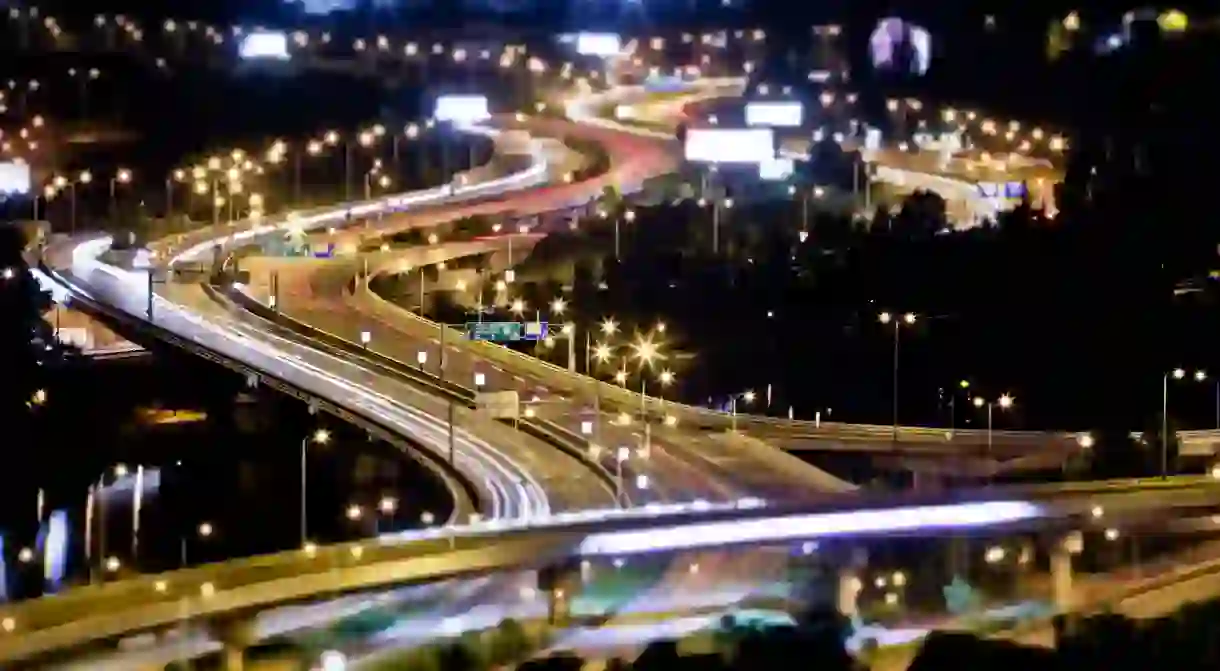Everything You Need to Know for Your Road Trip in the Czech Republic

There are plenty of off-the-beaten-track places in Czechia that can only be truly discovered if you’re driving. While the country’s transportation system can get you almost anywhere, small towns, out-of-the-way castles and ruins, and a lot of the country’s wilderness is only accessible by car.
Driving in Czechia
All you need to be able to drive in the Czech Republic is a valid driving license from your home country. If you are from a European country, your license is automatically recognized. If you are from the US or another country that provides drivers with English-language licenses, that’s all you will need to drive. Drivers whose licenses aren’t in English should bring an International Driver’s License along with their original license.
Keep in mind that you’re only allowed to use non-EU licenses in Czechia while on a tourist visa. If you obtain a long-term visa or become a resident, you are required to get a local license.

Renting a Car
Renting a car in Czechia is a very straightforward process. You have to present your license, choose a car and pay the deposit, which varies depending on the car rental company. Expect to pay 20 Euros and up per day. All the major companies, such as Avis, Budget, and Europcar, have offices in the Czech Republic. Two more important requirements for renting a car in Czechia is to be at least 21 years old and have a driver’s license that is at least one year old (if you’re a brand new driver, you won’t be able to rent a car).
Keep in mind that most rental companies have additional charges if you want to cross the border into other European countries. In most cases, you will have to pay a daily surcharge. There are also restrictions for traveling into Eastern Europe, and some companies restrict or prohibit taking their cars to certain countries, including Albania, Latvia, Lithuania, Montenegro, Russia, and Ukraine.
Road Rules
The Czech Republic follows standard EU rules for driving and transportation. Speed limits are 50 kph in cities and anywhere between 70 and 130 kph on highways. Sometimes speeds change several times within a short distance, and signs aren’t always clear, so having GPS can make driving easier.
Traffic cameras are often located on top of traffic lights and are more frequent on highways than cities. Traffic police can also hand out citations for speeding, incorrect parking, or turning into the wrong street.
Tolls
There is no individual toll system in the Czech Republic. Instead, you need to buy a highway sticker to travel on certain highways. The stickers are available for ten days, one month, or one year and must be placed on your windshield. You will need additional stickers if you cross the border into other European countries. These stickers can only be obtained near the border, at gas stations, or at border crossing offices.

Parking
Parking can be a headache in Prague, Brno, and other major cities. As a general rule, blue lines painted on the road indicate parking areas reserved for local residents. Spaces marked with white lines are either free at all times or paid temporary parking. If you are supposed to pay, you will see a sign with a P and a meter picture on it. In that case, look for a nearby machine where you can pay for up to two hours of parking. Some machines take debit cards while others only take coins, so make sure to carry some change just in case.

Accidents
If you need medical help while on the road, you can call:
Fire: 150
Ambulance: 155
Police: 158
General emergency (of any kind): 112
Check in advance if your rental car insurance includes roadside assistance. If not, it might be worth paying for it, especially if you plan on crossing borders. Otherwise, you will have to ask for help or walk to the nearest shop or gas station to call for a tow truck.













